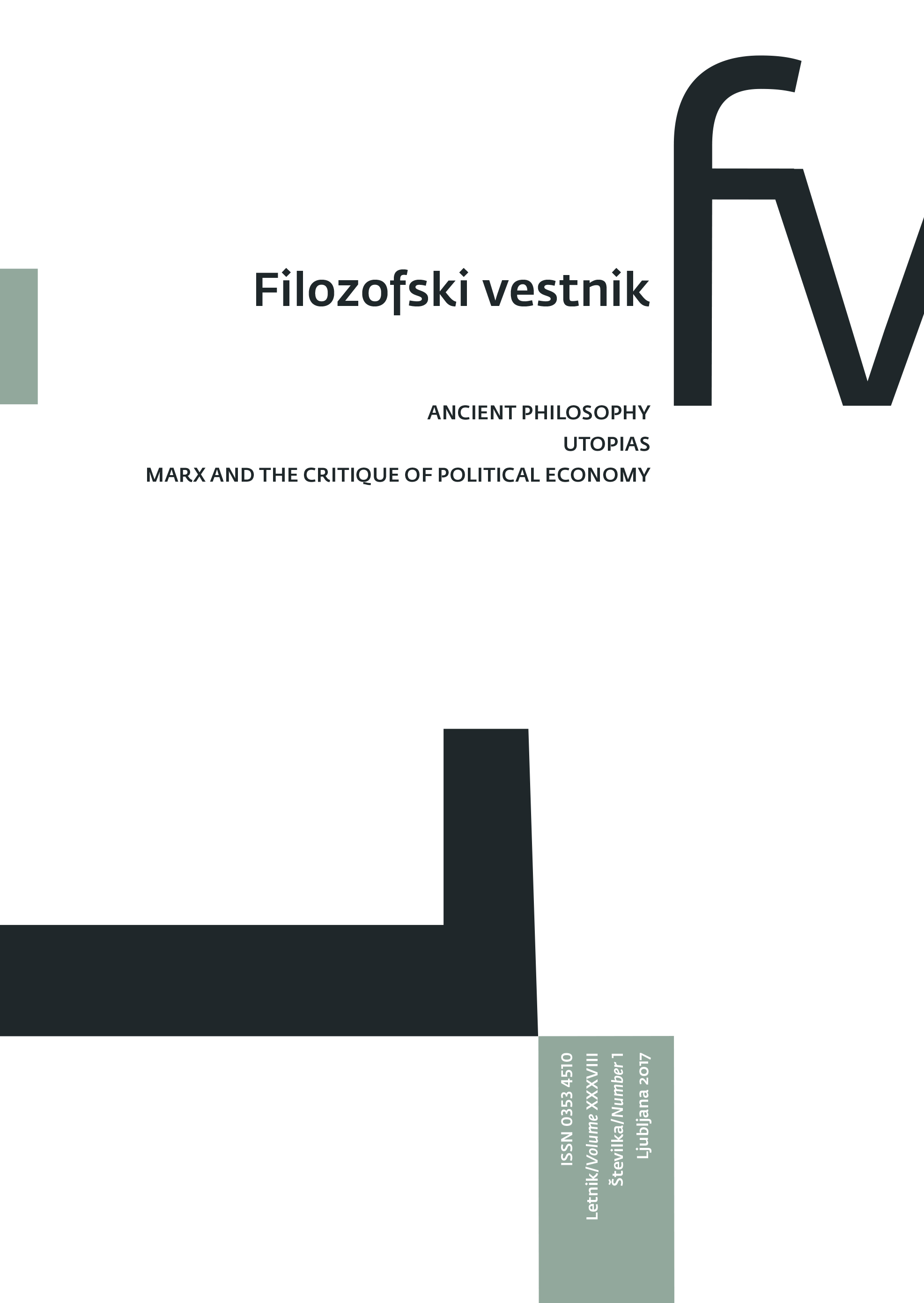Aristotle against Plato: Variants of the Third Man Argument and the Self-predication of Ideas
Keywords:
forms, third man argument, self-predication, non-identity, Plato, Aristotle, Alexander of AphrodisiasAbstract
Gregory Vlastos famously reconstructed the “tritos anthropos” argument by claiming that the third man regress becomes fatal by affirming at least two contradictory logical features of Plato’s theory of ideas at the same time, namely by assuming the principles of self-predication and non-identity. I interpret the third man argument in terms of these two principles by considering two variants of it in Alexander of Aphrodias: the first version is traditionally ascribed to Aristotle under the name Peri ideon and found in Alexander’s commentary on Metaphysics, and the second by Eudemus and also quoted with regard to AriAristotle’s criticism of Plato’s theory of ideas. Also, a comparison is made between Aristotle’s versions of the third man argument and Plato’s recognition of the infinite regress in two varieties thereof in his Parmenides (the largeness regress and ideas are paradigms), all resulting in logically endless series of new ideas: no longer will each of them be one, but will rather be infinite in multitude.
Downloads
Downloads
Published
How to Cite
Issue
Section
License
Authors guarantee that the work is their own original creation and does not infringe any statutory or common-law copyright or any proprietary right of any third party. In case of claims by third parties, authors commit their self to defend the interests of the publisher, and shall cover any potential costs.
More in: Submission chapter





